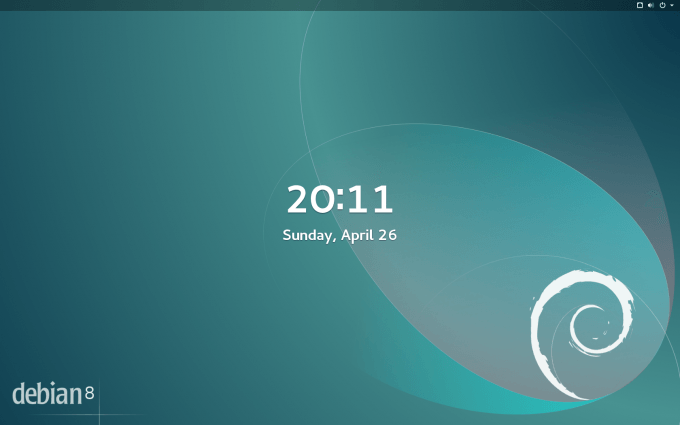
#Debian 8 iso#
Download Debian 8 ISO image and burn it to a CD or create a bootable USB drive. Installing Debian 8 with LUKS Encrypted /home and /var Partitionsġ. While /home partition stores users data, the /var partition stores databases information (typically MySQL database files are located here), log files, websites data files, mail files and other, information that can be easily accessed once a third-party gains physical access to your hard drives.


One argument would be that /home and /var partitions contain, in most cases, sensitive data. You might ask, why only encrypt the /var and /home partitions and not the entire file system. Still, one of the facilities of using LUKS encryption is that you can use a decryption key on the boot process to automatically unlock, decrypt and mount the encrypted partitions, without the need to always type a prompt passphrase at system boot (especially if you are connecting remotely through SSH). If somehow, the LUKS partition header is tampered, damaged or overwritten in any way, the encrypted data that reside onto this partition is lost. LUKS, an acronym for Linux Unified Key Setup, offers a standard for Linux hard disk block encryption and stores all the setup data in the partition header. This tutorial will guide you on installing latest release of Debian 8 (codename Jessie) with /home and /var LVM partitions encrypted on top of a LUKS encrypted physical volume.


 0 kommentar(er)
0 kommentar(er)
